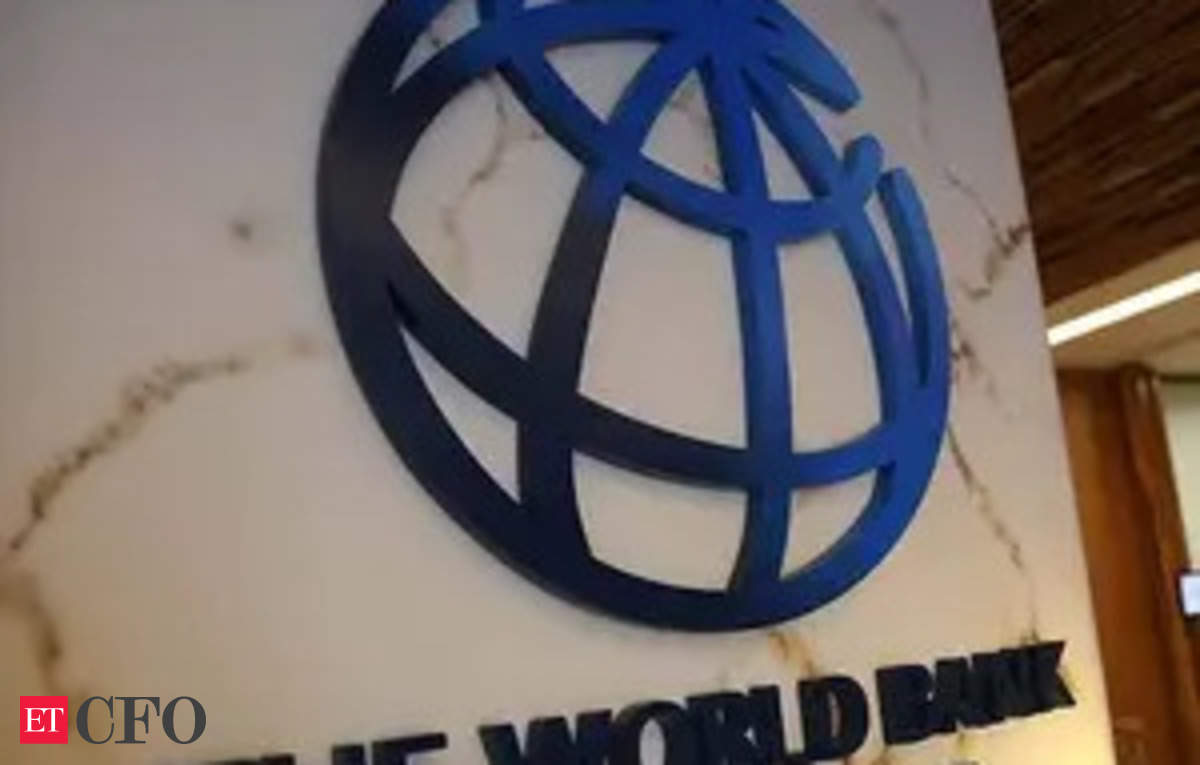
Ulan Bator, Mongolia’s economy is expected to grow 5.3 percent in 2024 and 6.5 percent in 2025, driven by robust mining production and domestic demand, according to Friday’s latest biannual Mongolia Economic Update from the World Bank.
Mongolia’s economic growth remained stable at 5.7 percent year-on-year in the first half of 2024, with high-frequency data pointing to continued momentum in the third quarter, Xinhua news agency reported.
The World Bank attributed this solid performance largely to a continued increase in mining and transportation services, despite a contraction in the agricultural sector due to harsh climatic conditions.
Domestic demand has also been a key driver of growth but has put pressure on the balance of payments as imports exceed earnings from commodity exports, the report said.
The medium-term growth outlook for Mongolia remains positive, with an expected average growth rate of 6.0 percent over the period 2026-2027.
Growth is expected to increasingly shift to sectors including trade, services and agriculture. Public consumption and investments under the government’s four-year action plan are also expected to contribute to accelerated economic expansion.
However, this outlook is subject to several downside risks, the bank warned. Larger-than-expected budget expenditures could exacerbate inflationary pressures and widen both budget and current account deficits.
Climate change poses significant economic threats, increasing the risk of more frequent and severe natural disasters, especially for poor and vulnerable households.
In addition, slower-than-expected global growth could weaken external demand and lower prices for key exports, while escalating geopolitical tensions could push up fuel costs, further raising inflation and production costs, the World Bank said.
“While Mongolia’s continued mineral export boom is delivering positive macro-fiscal results for the second consecutive year, maintaining these gains will require prudent macro-economic management,” said Taehyun Lee, World Bank Country Manager for Mongolia.
“Continued dependence on mining makes Mongolia vulnerable to external shocks and structural reforms to diversify the economy and increase resilience remain important.”
In addition to analyzing recent economic developments, the World Bank report provides insights into the distributional effects of Mongolia’s fiscal system, focusing on the impact of taxes and social spending on poverty and inequality.
The findings show that while Mongolia’s fiscal policies are effective in reducing poverty and income inequality, reliance on broad-based programs makes this costly. The report recommends prioritizing reforms to increase the progressivity of the personal tax system and reallocate resources to more cost-effective anti-poverty programs.
–IANS
int/rs













